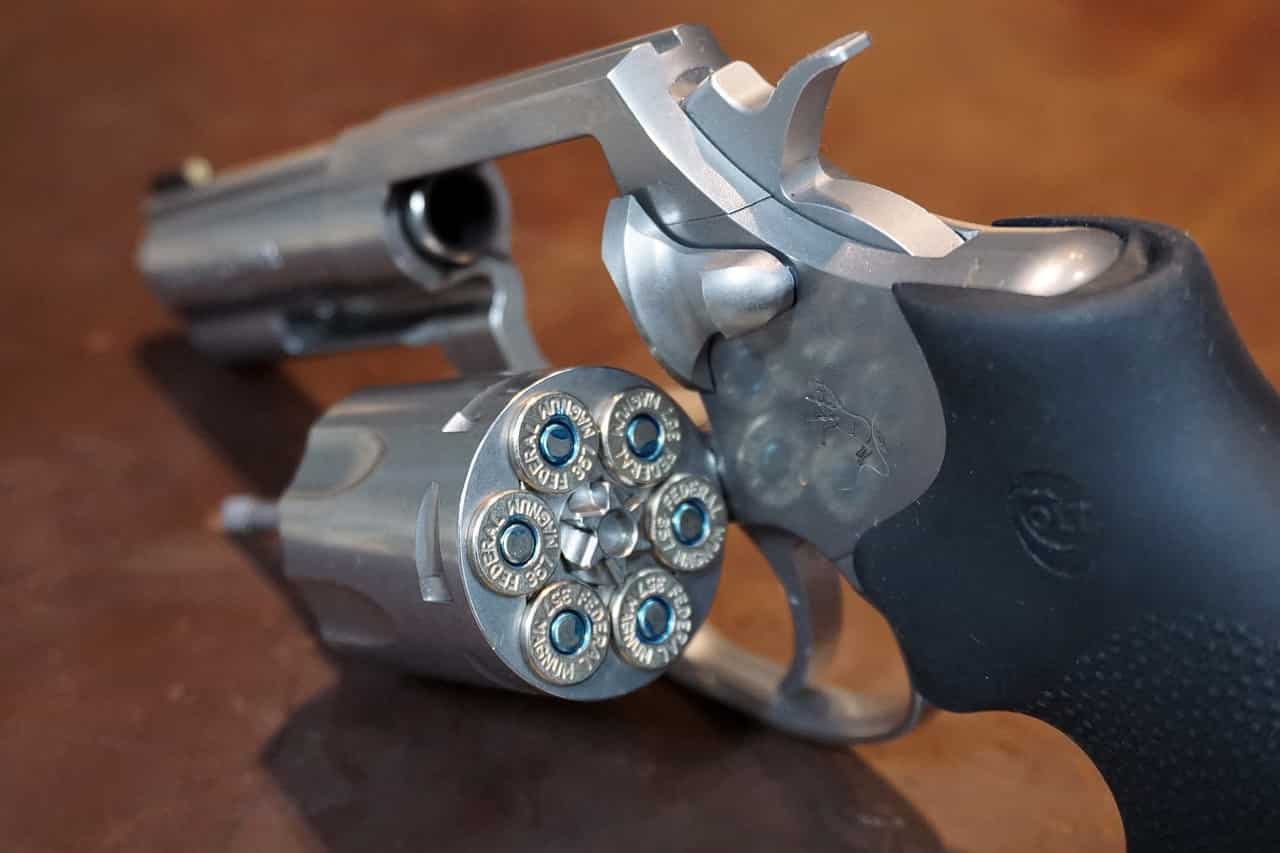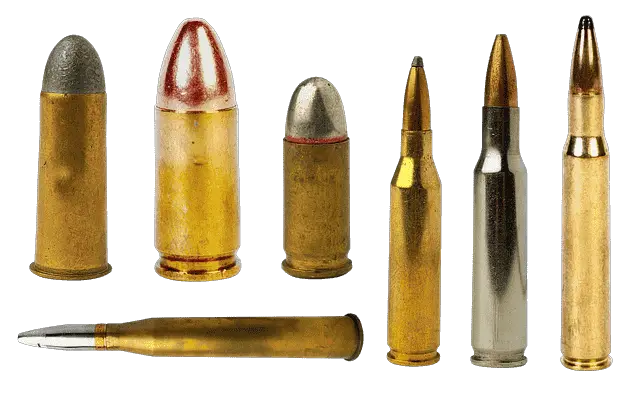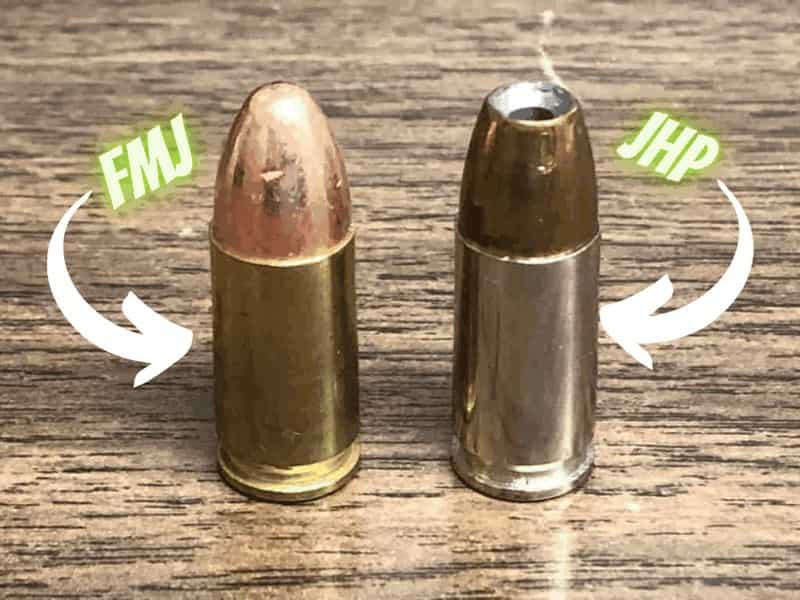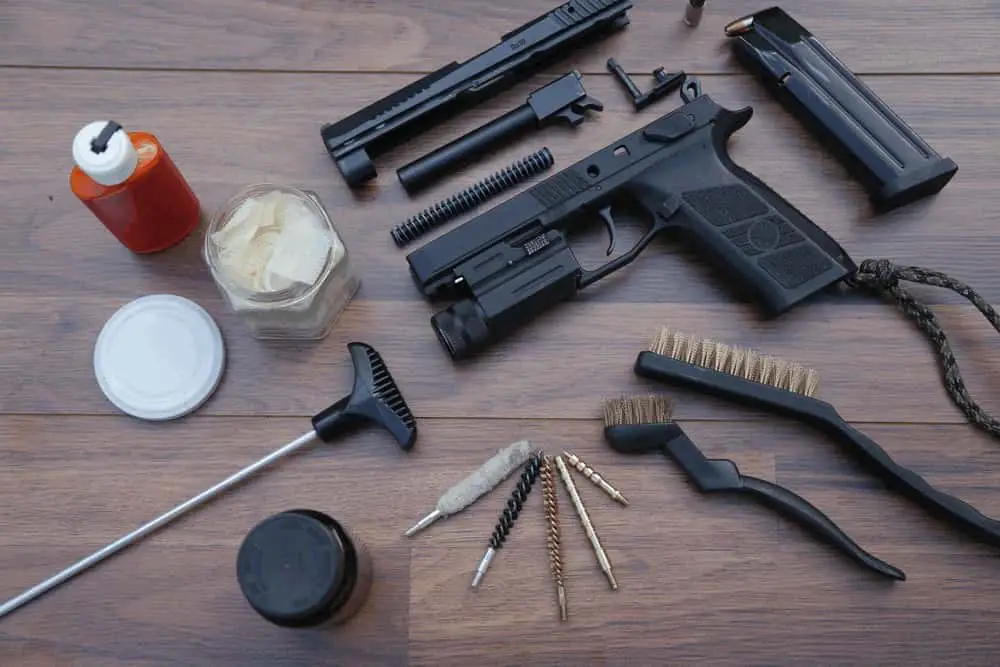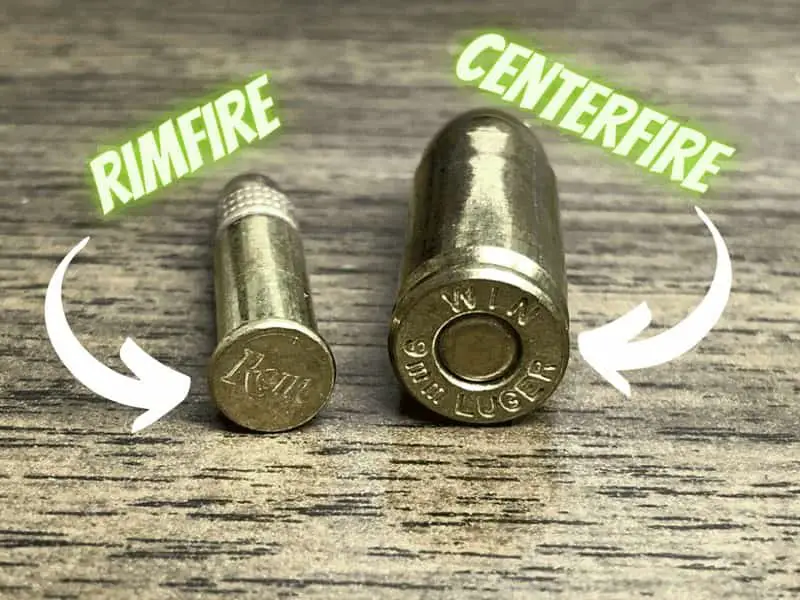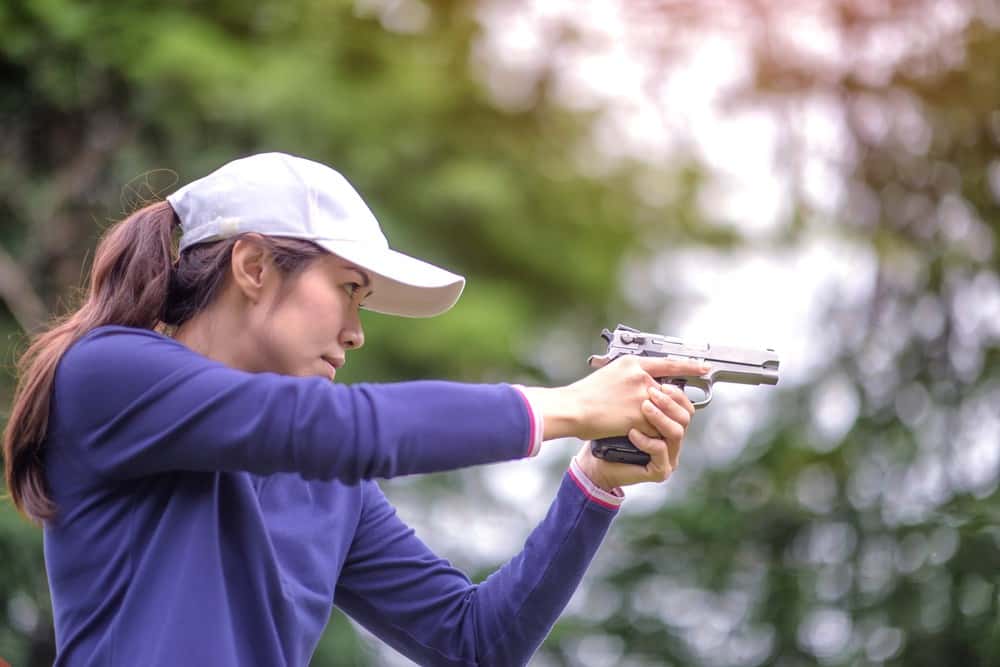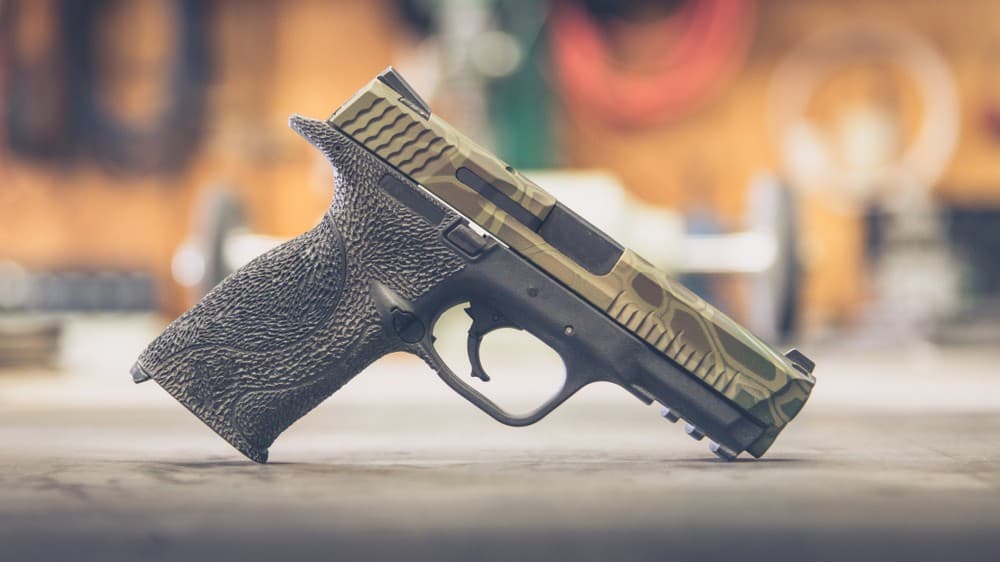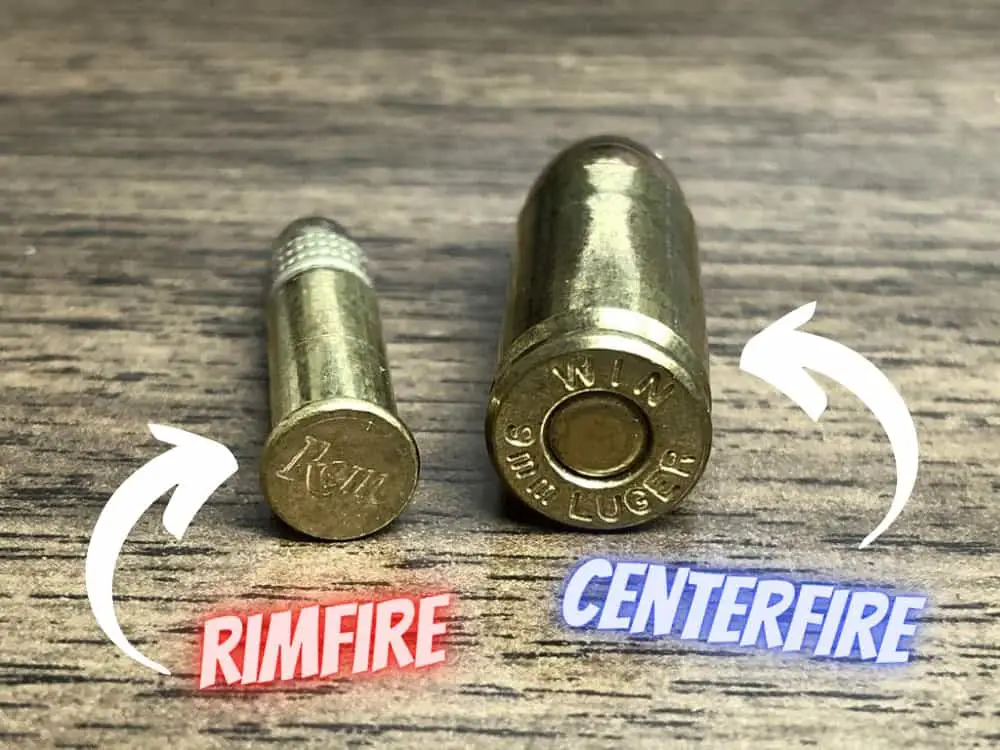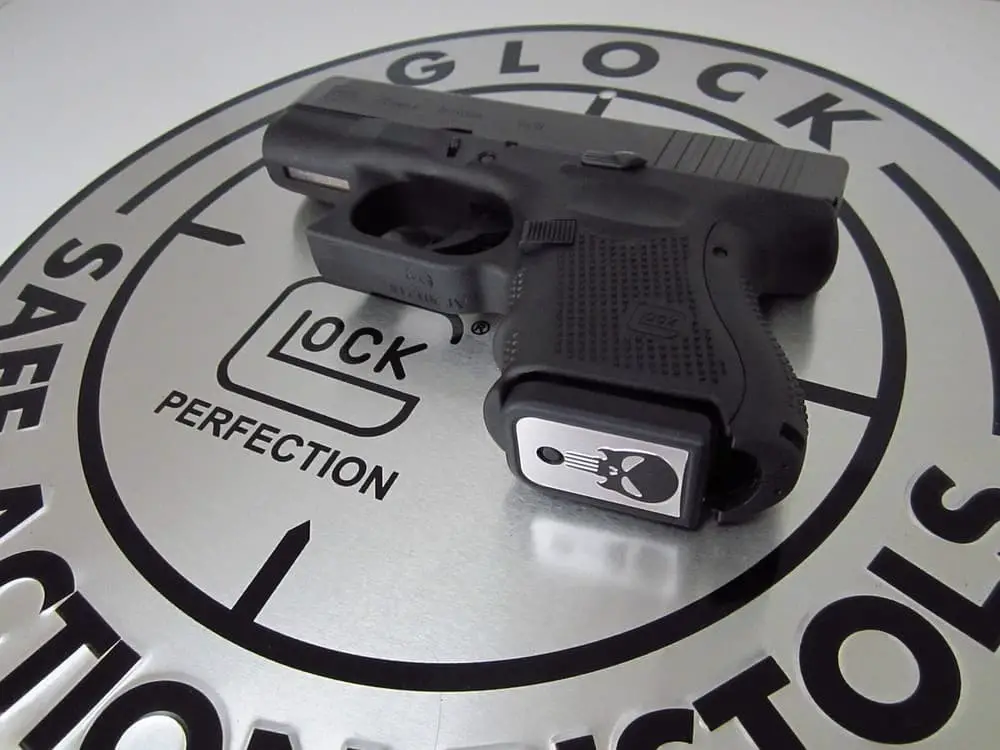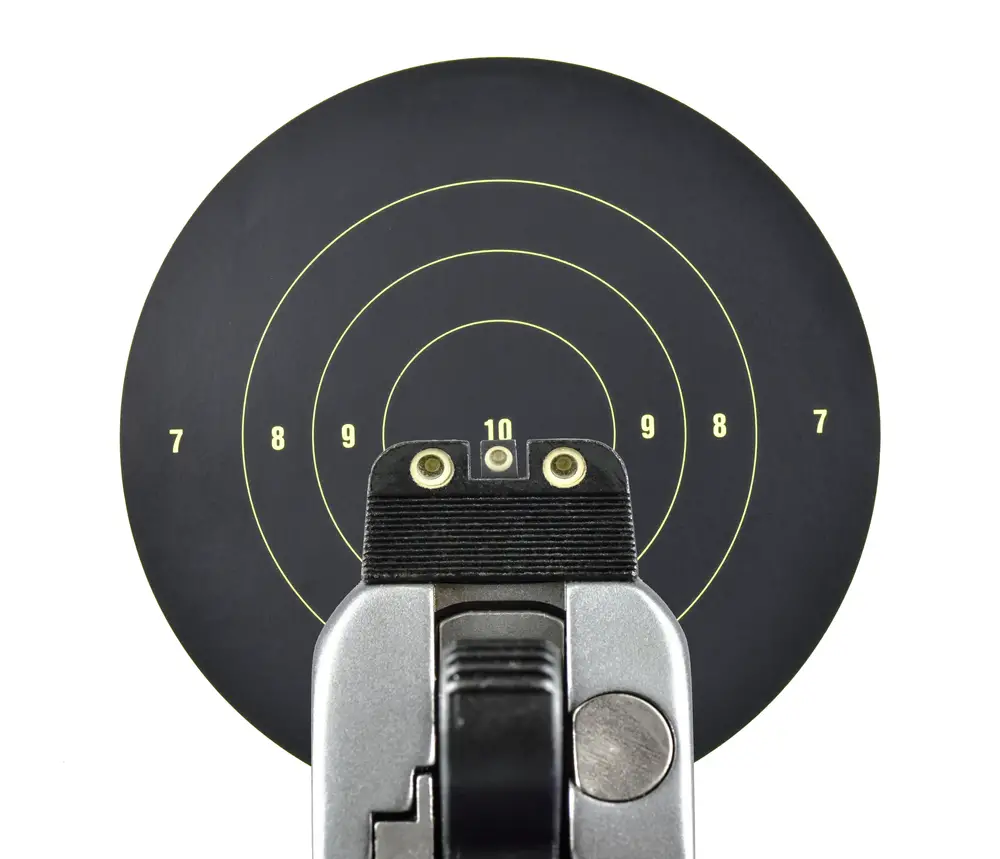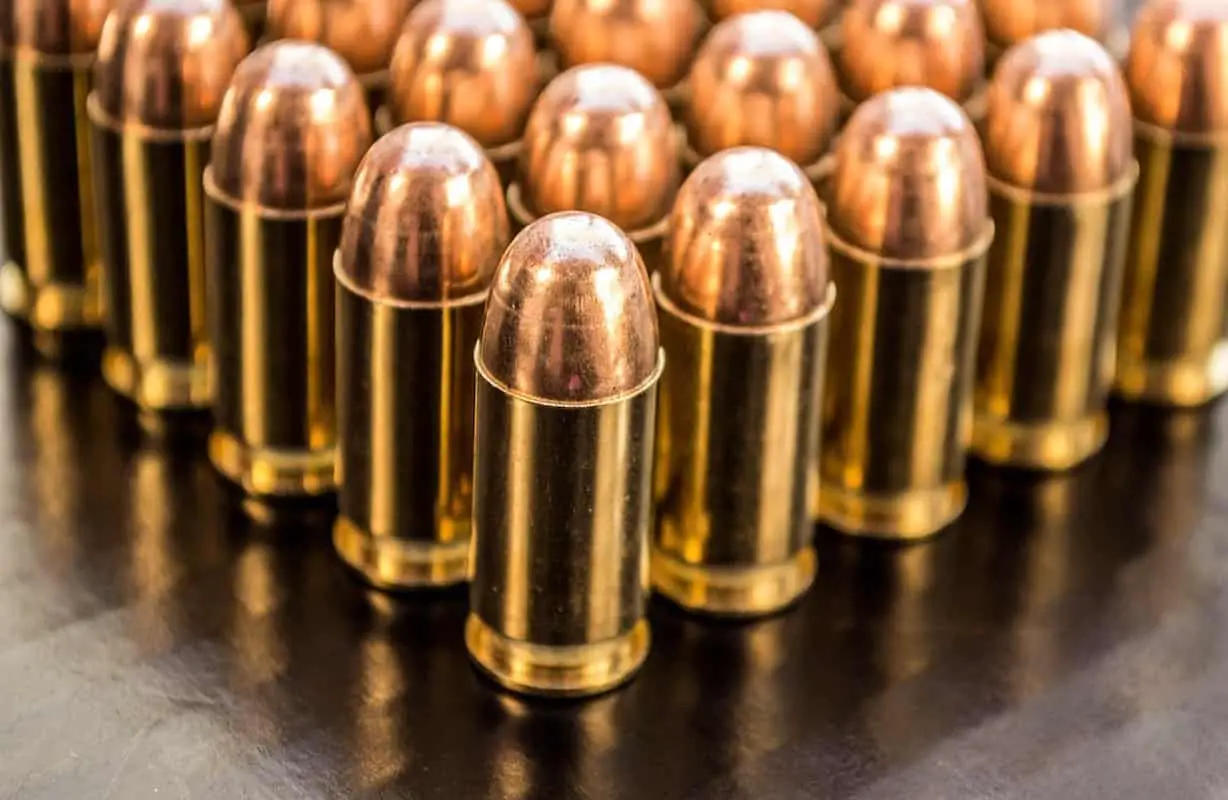Maryland Concealed Carry Overview
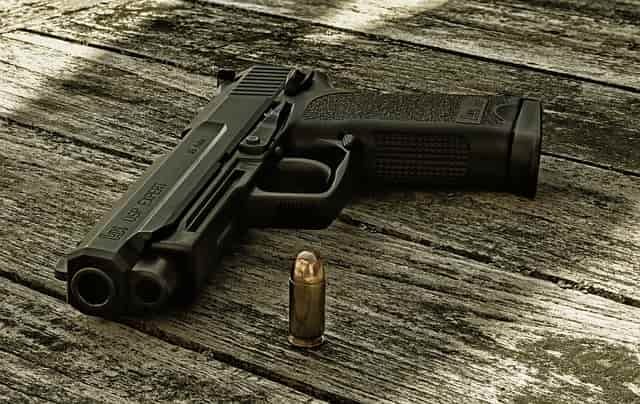
To legally carry concealed firearms in Maryland, you must navigate a stringent process overseen by the Maryland State Police. Known for its strict firearm laws, Maryland requires prospective concealed carry permit holders to complete certified training and meet meticulous qualifications.
Eligibility Criteria:
- You must be at least 18 years old.
- You should have no convictions for a felony or a crime punishable by more than one year in prison.
Application Process:
- Fill out an electronic application through the Maryland State Police.
- Submit the necessary paperwork along with proof of firearms training.
Training Requirements:
Training is crucial to ensure safe and responsible firearm handling. You’ll need a certificate from an approved Maryland firearms law training course to include in your application.
Permit Validity:
The initial permit is valid for 2 years, with renewals extending for 3 years subsequently. It’s essential to be aware of the renewal process and necessary documentation to maintain the validity of your concealed carry permit.
Understand that carrying a concealed firearm is a significant responsibility, and compliance with Maryland law is not only a legal requirement but a commitment to ensuring personal and public safety. As laws can evolve, always check for the latest updates and consult with legal experts if you’re uncertain about any aspect of Maryland’s concealed carry requirements and procedures.
Eligibility and Documentation Requirements
To obtain a Maryland concealed carry permit, also known as a Wear and Carry Permit, you must navigate the requirements with precision. Proper documentation and a clear understanding of the eligibility criteria are crucial to successfully submitting your application.
Understanding the Wear and Carry Permit
In Maryland, carrying a concealed handgun is regulated by the Wear and Carry Permit. You must meet specific eligibility criteria which include being at least 18 years old and not being prohibited by state or federal law from possessing firearms. Detailed information about the training and specifications can be found on the Maryland State Police Wear and Carry Permit Training page.
A Handgun Qualification License (HQL) is not required for a Wear and Carry Permit application, but the training is in-depth, with 16 hours of instruction for an original application and 8 hours for a renewal.
Required Documentation for Application
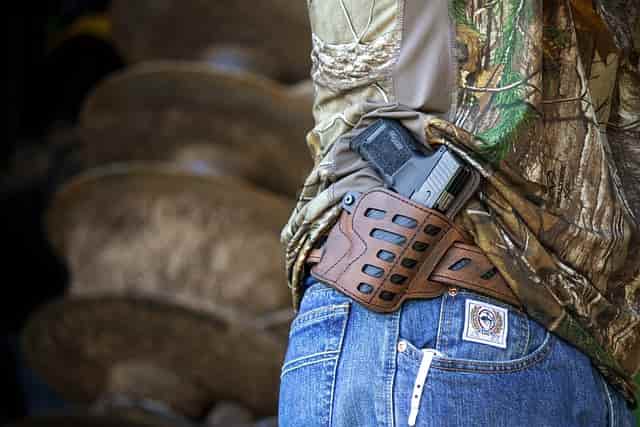
When applying for a Wear and Carry Permit, the following documentation is necessary:
- Identity and Residency: Government-issued photo ID and proof of Maryland residency.
- Fingerprints: Complete a fingerprint background check.
- Training Certification: Certificates demonstrating completion of required training hours.
- Good and Substantial Reason: Documentation supporting the “good and substantial reason” for the permit request.
All applications must be submitted through the Maryland State Police official website, including for expired permits, which require a new application with all pertinent fees and documentation. Details on the submission process are available in a PDF guide provided by the Maryland State Police.
Concealed Carry Classes and Training
When considering obtaining a concealed carry permit in Maryland, training is not just a legal requirement, it’s a crucial component in ensuring safe, responsible firearm use. Your choice of handgun instructors, the course curriculum, actual range time, and home firearm safety education are all integral to becoming proficient in carrying and using a handgun.
Selecting Qualified Handgun Instructors
Finding qualified handgun instructors is step one. You want professionals certified by the Maryland State Police to teach Wear and Carry Permit training. Verify their credentials and experience, ensuring they’re equipped to provide not just basic firearm knowledge but also practical strategies for self-defense scenarios.
Course Curriculum and Firearm Proficiency
A comprehensive course will cover a minimum of 16 hours of instruction for an original application. Curriculum emphasizes laws related to self-defense and firearms, handgun operation, maintenance, and handling to build your firearm proficiency. Expect to engage with scenarios that foster decision-making skills when using a handgun for protection.
Range Time and Live Fire Requirements
For practical experience, courses incorporate range time and live fire requirements. This hands-on segment typically necessitates at least 150 rounds of ammunition. It ensures that you're not only familiar with your firearm in a controlled environment but also capable of handling and firing it accurately and safely.
Home Firearm Safety and Gun Safety Education
Finally, your training will encompass home firearm safety and gun safety education. These lessons are vital—they help prevent accidents and teach secure storage practices. You'll learn the best methods for keeping a firearm at home, reinforcing the responsibility that comes with gun ownership.
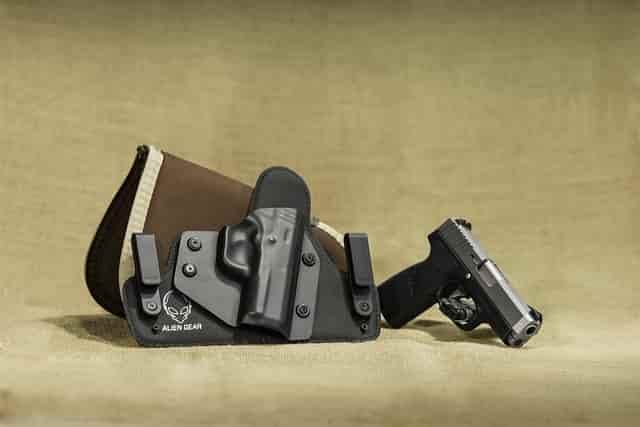
Firearms, Ammunition, and Equipment
Understanding the specifics of firearms, ammunition, and equipment is crucial for anyone interested in Maryland's concealed carry classes. You will need to become familiar with the mechanics of handguns, the types of ammunition appropriate for your firearm, the selection of suitable holsters, and essential safety equipment such as ear protection.
Handgun Mechanisms and Operation
Knowing how your handgun operates is fundamental. Semi-automatics and revolvers have different loading, firing, and ejection processes. During Maryland concealed carry classes, you'll study these mechanisms, ensuring you can properly handle and maintain your firearm. This is vital for both your safety and competence. Additionally, engaging in dry fire drills can improve your familiarity with your handgun without the use of live ammunition.
Choosing the Right Ammunition
When selecting ammunition, consider its purpose—whether for practice or defense. Bullet caliber must match your gun’s specifications and intended use. The class may suggest certain brands or types, such as jacketed hollow points (JHP) for defense. Remember, the wrong ammunition can damage your gun or pose a safety risk.
Selecting Appropriate Holsters
A suitable holster is key for effective concealed carry. Look for one that:
- Provides proper firearm retention
- Conceals your handgun without printing
- Allows for a comfortable, rapid draw
Grounded in practicality, your holster should fit both your body and attire, adapting to various situations without compromising accessibility or your weapon’s security.
Importance of Ear Protection
Protecting your hearing is non-negotiable. Ear protection is mandatory during training and real-life situations. Earplugs or earmuffs significantly reduce noise exposure. Use them consistently to prevent long-term hearing loss, and ensure they fit comfortably for extended periods. Your choice can mitigate the decibel levels of gunfire, which are highly damaging to your ears without proper protection.
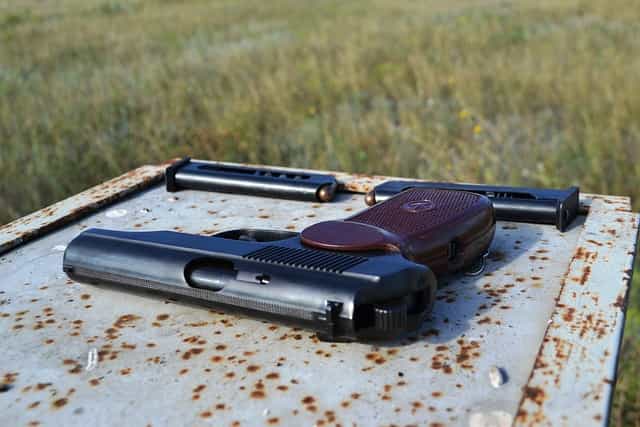
Understanding Maryland’s Firearms Law
Before you consider carrying a concealed firearm in Maryland, it's crucial to familiarize yourself with the specific legal nuances and use of force guidelines that govern responsible firearm ownership and use in the state.
Use of Force Guidelines
In Maryland, the use of force, particularly deadly force, is permitted only when you reasonably believe it is necessary to protect yourself or others from an immediate threat of death or serious bodily harm. Understanding the nuances of Maryland's use of force laws, such as the duty to retreat and the Castle Doctrine's applicability in your home, is essential.
- Deadly Force:
- Allowed: To protect against immediate threat of death/serious harm
- Duty to Retreat:
- Must attempt to retreat if safely possible (outside of home)
- Castle Doctrine:
- In Home: No duty to retreat
This concise overview should help you grasp the fundamental concepts of Maryland's firearms law, specifically in the context of concealed carry and the state's legal stance on the use of force. Remember, owning and carrying a firearm comes with a profound responsibility to understand and adhere to the laws that safeguard you and the public.
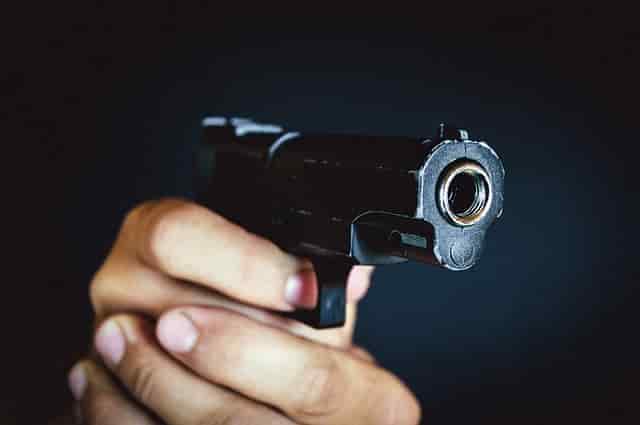
Frequently Asked Questions
In this section, you'll find detailed answers to some of the most common inquiries regarding Maryland concealed carry training and regulations.
What are the requirements for obtaining a Maryland Wear and Carry Permit?
To obtain a Maryland Wear and Carry Permit, you must complete a state-approved firearms training course, submit an application to the Maryland State Police, and meet various criteria, including a background check and fingerprinting.
How can I renew my Maryland Wear and Carry Permit and what's involved in the renewal process?
Renewal of your Maryland Wear and Carry Permit requires subsequent training within two years of your application. It's essential to start the renewal process well before your permit expires to ensure continuity.
What is the typical duration of a Wear and Carry class in Maryland?
A typical Wear and Carry class in Maryland is comprehensive and may span several hours, as it covers various aspects of firearm safety, handling, and legal concerns related to concealed carrying.
What is the cost of a typical Maryland Concealed Carry class?
The cost of a Maryland Concealed Carry class can vary based on the provider, but it generally includes the price of the training itself, range fees, and possibly the cost of materials. Be prepared to pay $200 to $300 for a class.
What changes have there been to Maryland concealed carry laws in recent years?
Recent changes in concealed carry laws include the court rulings and legislative updates, affecting the restrictions and requirements for carrying a handgun. It is important to stay informed about current laws through credible sources or by attending updated training sessions.
How long does the Maryland concealed carry permit application process usually take?
Once your application is submitted, the Maryland concealed carry permit process typically takes several weeks to complete, as it involves background checks and the review of submitted materials. The Maryland State Police is responsible for issuing the permits.
Have you ever thought about buying ammo online?
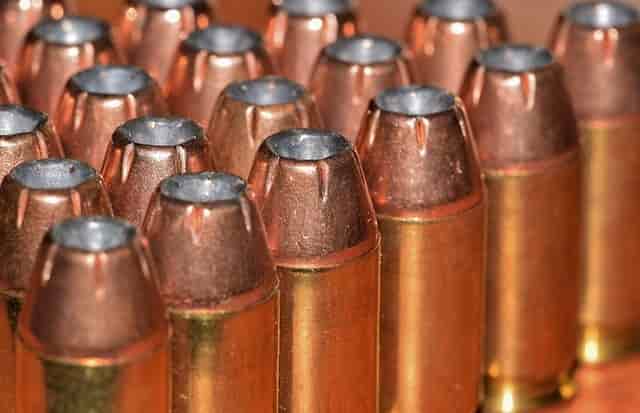
I'm telling you it's so easy with Lucky Gunner! The ammo shown on their site is guaranteed to be in stock and will ship fast. I heartily endorse Lucky Gunner and so do their many customers.
"Okay, so far I've dealt twice with LuckyGunner, and all I can say is, I LOVE YOUR COMPANY!!!!
Imagine: only items in stock are advertised. Who'da thunk, eh? The more highly advertised ones - Cheaper Than Dirt, Cabela's, et. al. - will put you on backorder forever and a day. But LuckyGunner - I ordered 500 shells of .45 ACP (hard to get in this "shortage") - and there it was at my address. No backorders, no bull. Business as it should be.
Yes, I'm telling my friends! I'm constantly writing down your addy on bits of paper (and running out of the latter), spreading the joyous news, "No backorders! No bull! Try LuckyGunner.com, you won't be sorry!" Thank you for being there for an ammo-starved public. And, thanks for the SUPERB customer service."
-- Walter J., Silverdale, WA --


Jason Huskey
Owner of CCWClasses.net
Jason Huskey is a family man with three kids and a wonderful wife. He’s always starting new hobbies, but his true passion lies in shooting sports. Jason has been a CCW license holder for over 10 years and carries every day. In addition to firearms, he also enjoys playing guitar and writing songs. He tries to live by the Christian values he believes in.
More things you might enjoy…
Can a 38 Special Shoot 357 Rounds?
Image by MikeGunner from Pixabay I’ve long since discovered that very few activities give me the same thrill and sense of security as firing a gun. As a gun owner and enthusiast, I’ve always been curious about which guns can shoot which kinds of ammunition. I have a Derringer five-shot revolver that uses .22 rounds.…
Who Makes the Most Popular Brands of Ammo
If you are here to figure out who makes Herter’s ammo just look below the following table for a more thorough answer. If you are looking for a specific type of ammo, then you need to start by figuring out who makes it. There are lots of options for ammunition and each type of bullet…
What Does Full Metal Jacket Mean?
If you have heard the term full metal jacket, then you might be wondering what this means. I know that growing up, I heard this term a lot. I dismissed it as some sort of saying or cliche. Eventually, I decided that I needed to figure out what people meant when they use this term.…
How Often Should You Clean Your Gun?
After purchasing a firearm, you might wonder how often you should clean your gun. The truth is that it largely depends on how often you use it and where you live. Keep reading to learn more. How Often Should You Clean Your Gun? The short answer: do a light cleaning after every shooting session and…
What Is The Main Difference Between Centerfire And Rimfire Ammunition?
Rimfire vs Centerfire Everyone has to start somewhere. If you’re new to guns, learning the difference between rimfire and centerfire ammunition is important. Let me backtrack a moment. The first time I went out on the gun range, I had zero idea that there were different types of ammo for different types of weapons. All I knew…
Continue Reading What Is The Main Difference Between Centerfire And Rimfire Ammunition?
How Should You Hold a Handgun for Maximum Accuracy?
Whether it’s for sport or you find yourself in a defensive situation where you need to use a handgun, how you hold it will significantly affect your accuracy. Developing your handgun techniques will help you become a better shot and keep you safe. Read on to learn the answer to the question: How should you…
Continue Reading How Should You Hold a Handgun for Maximum Accuracy?
What Is Stippling On A Gun?
Hey, would you like a more firm grip on your gun? Would that help you shoot better? Well that is what stippling is for. Stippling is a modification to the grip that makes it, well, more grippy. It is done by sanding off the original finish and then using a hot soldering iron to make…
What Is A Centerfire Pistol?
To answer the question: “What Is A Centerfire Pistol?”, you must first understand that there are two main types of ammunition: Centerfire Rimfire These ammo categorizations are based on where the firing pin hits the back of the bullet to make it fire. A centerfire pistol is one where the firing pin strikes the center…
Is It Bad To Dry Fire A Glock?
There are loads of myths and assumptions surrounding handguns. If you grew up around guns, you probably heard some of these myths. Today, we will answer the question: Is it bad to dry fire a Glock. The Quick Answer Dry firing modern centerfire guns is completely fine (this includes most Glocks). The firing pin does…
What Is The Sight Picture?
When you first became interested in shooting you probably heard the terms sight picture and sight alignment being thrown around. Most people tend to use the two terms interchangeably; however, they do not mean the same thing. In this guide, I will make a clear distinction between sight picture and sight alignment. To master any new trade, you must…
What is Ball Ammo
When you hear the term “ball ammo” you may be picturing an actual ball. While the term did originate from ball shaped ammo, that’s not what it means today. Most ball ammo today is cylindrical in shape. It will have a lead core coated with copper. Keep reading to learn all about the history and…
